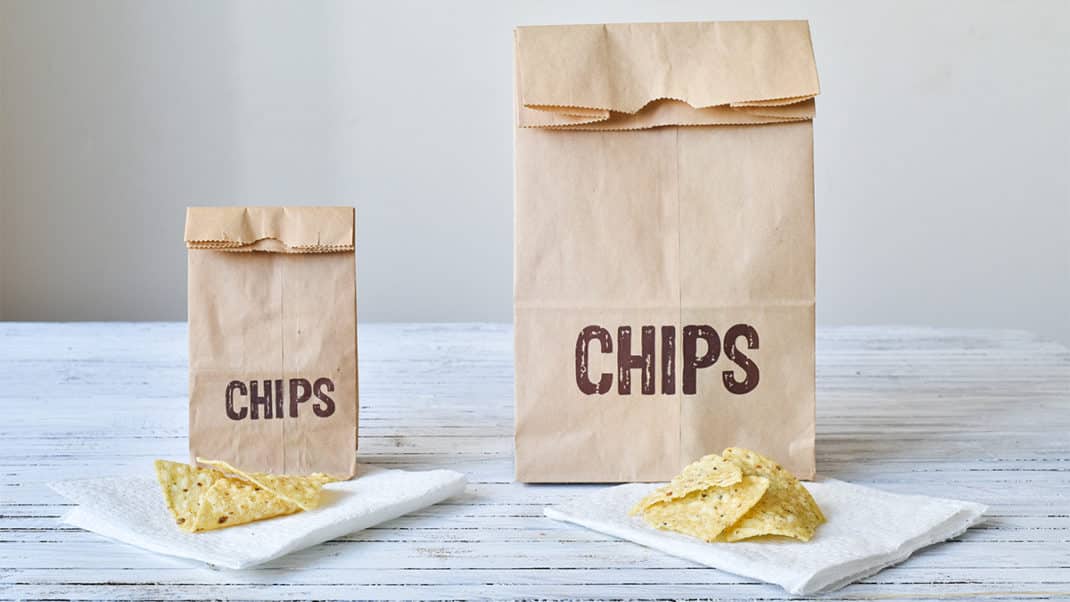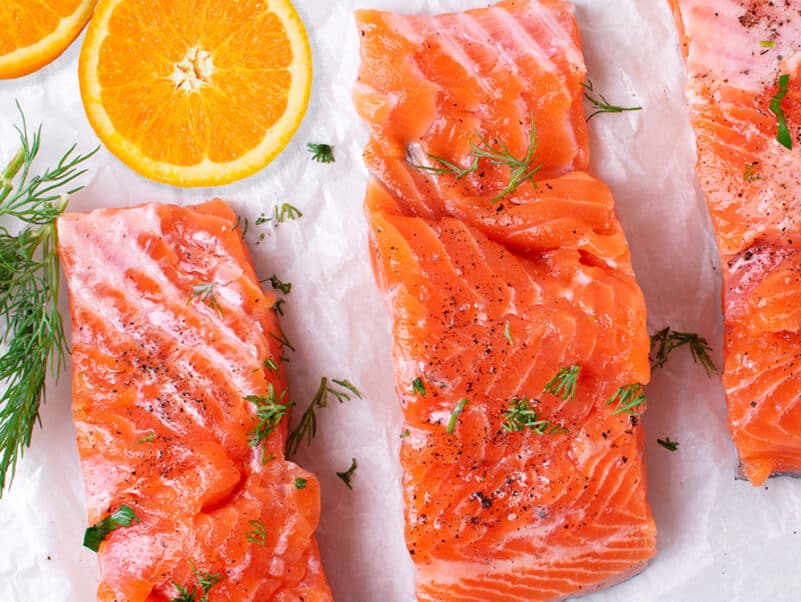Low-Fat Diets and Overeating
More data on the low-carb versus low-fat debate.

A tightly controlled feeding study at the National Institutes of Health challenges the idea that high-carb and low-fat diets per se spur on people to overeat. Twenty adults, average age 30, who were classified as overweight based on their body mass index, consumed either a plant-based, low-fat diet or an animal-based, low-carb diet for 2 weeks. Then they switched diets for 2 more weeks.
The low-fat diet was high in carbohydrates while the low-carb diet was high in fats.
Participants were housed for 4 continuous weeks in the NIH’s research center, which offered investigators strict control over monitoring food intake. The study subjects were given three calorie-matched meals a day, plus snacks, and could eat as much as desired.
The findings, published in Nature Medicine, showed that the low-fat diet offered significantly lower calorie intake overall. When people were on the low-fat diet, they voluntarily reduced their calorie intake by about 550–700 calories per day (compared with the low-carb weeks). And they didn’t report any differences in hunger, fullness or satisfaction with the meals along the way.
This conclusion is contrary to current thinking, the researchers noted, which tends to knock
low-fat meals because they provide lower satiety—raising the risk of overeating. The higher-carb diet, however, did result in higher insulin and blood glucose levels. And despite the considerable differences in calorie intake between the diets, total weight loss after the first 2 weeks was similar, but only those in the low-fat group dropped a notable amount of body fat. These findings suggest factors resulting in overeating and weight gain are more complex than the amount of carbs or fat in one’s diet.
Matthew Kadey, MS, RD
Matthew Kadey, MS, RD, is a James Beard Award–winning food journalist, dietitian and author of the cookbook Rocket Fuel: Power-Packed Food for Sport + Adventure (VeloPress 2016). He has written for dozens of magazines, including Runner’s World, Men’s Health, Shape, Men’s Fitness and Muscle and Fitness.





